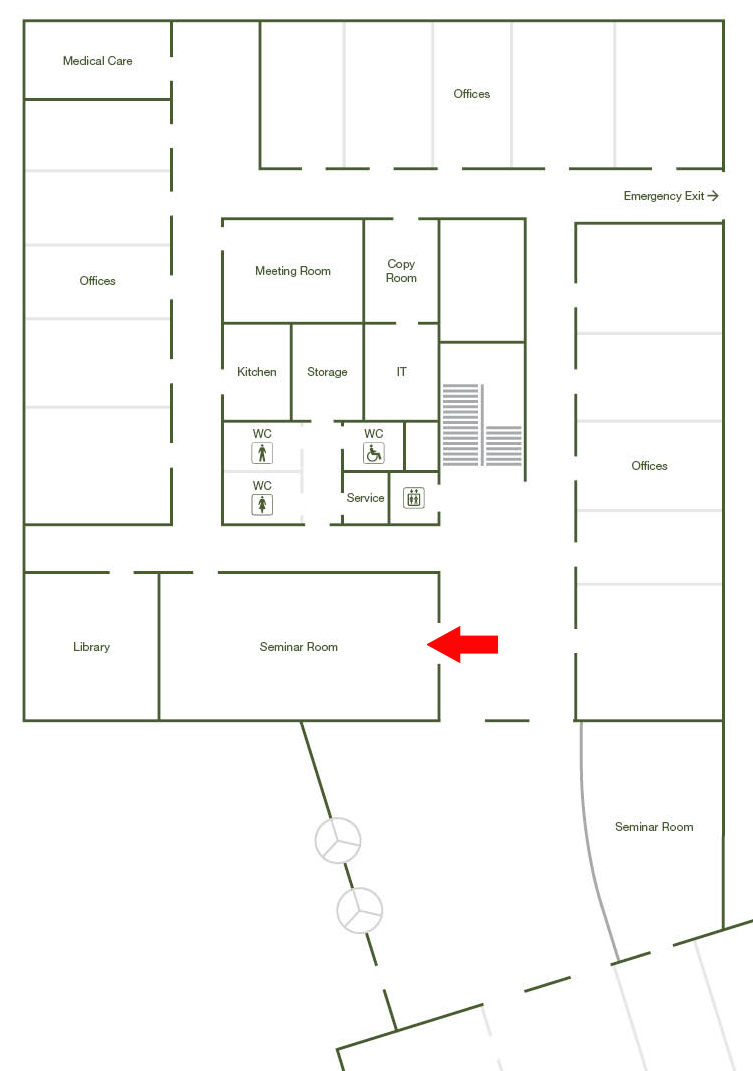Integrable measures on partitions and Airy limit processes

We look at various measures on partitions coming from combinatorial representation theory: the so-called Schur measures and some variants. We are interested in fluctuations of the largest part(s) of said partitions --- discrete versions of largest eigenvalues of random matrices. One gets the Airy 2 (Tracy--Widom) fluctuations in the original Schur measure corresponding to the Baik--Deift--Johansson longest increasing subsequences theorem; Airy 1 (GOE) and GSE fluctuations for random involutions (Baik--Rains; Ferrari; Imamura--Sasamoto; Baik--Barraquand--Corwin-- Suidan; Betea--Bouttier--Nejjar--Vuletic; Bisi--Zygouras); Airy 2 to 1 (along with a certain dual) fluctuations for symplectic and orthogonal Schur measures recently studied by the author and for a related model of Bisi--Zygouras; and finally finite temperature Airy2/Tracy--Widom fluctuations (interpolating between Gumbel and regular Tracy--Widom; between Edwards--Wilkinson and KPZ) for a certain 'cylindric' version of the Baik--Deift--Johansson case (joint work of the author and Jeremie Bouttier). All such measures can be treated uniformly with the aid of fermionic Fock space (equivalently, they are determinantal processes), as was first championed by Okounkov. Most if not all results relate to last passage percolation problems in certain simple geometries. All results are inspired by and have continuous random matrix analogues. It is conjectured though remains unproven that each Airy-type distribution described above is universal for the geometry in question: the so-called KPZ universality.